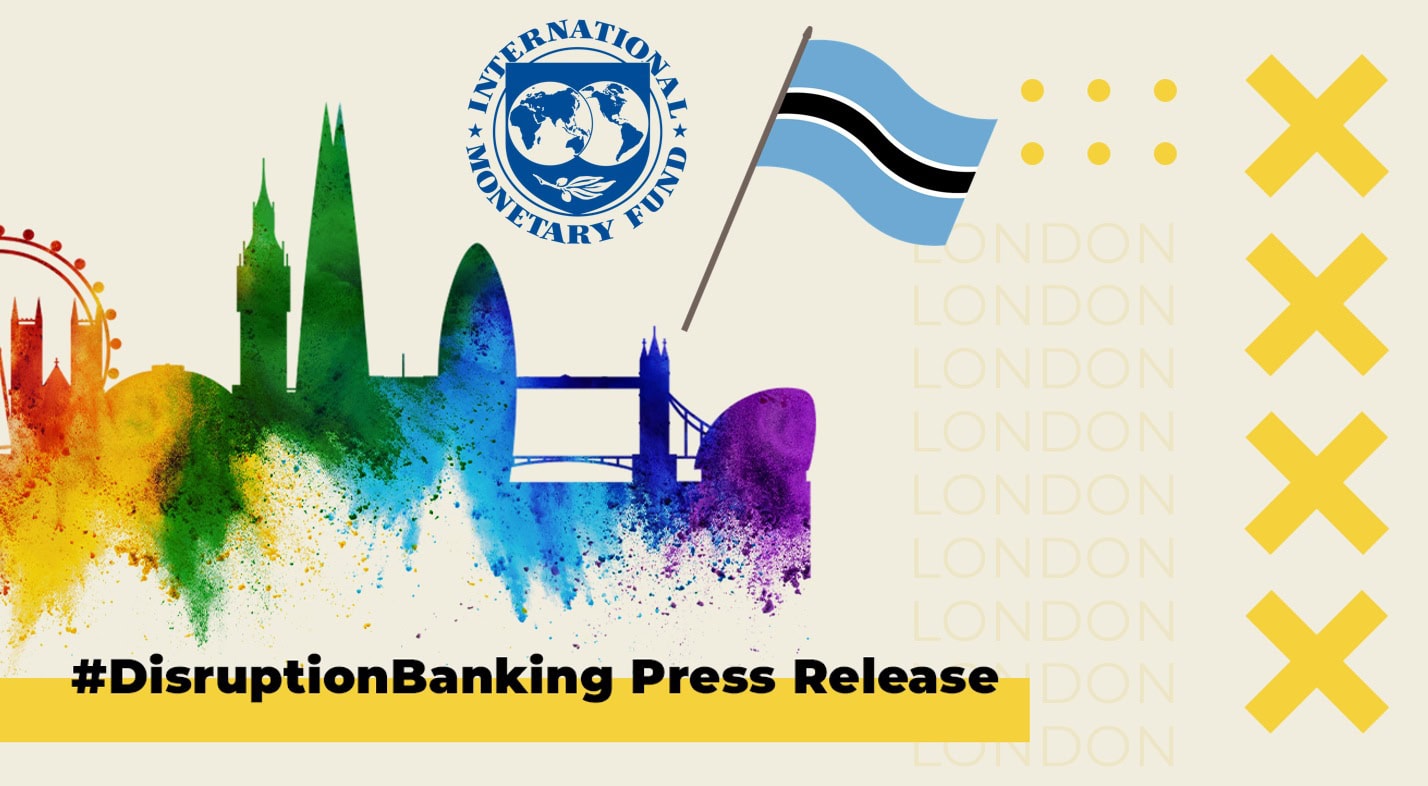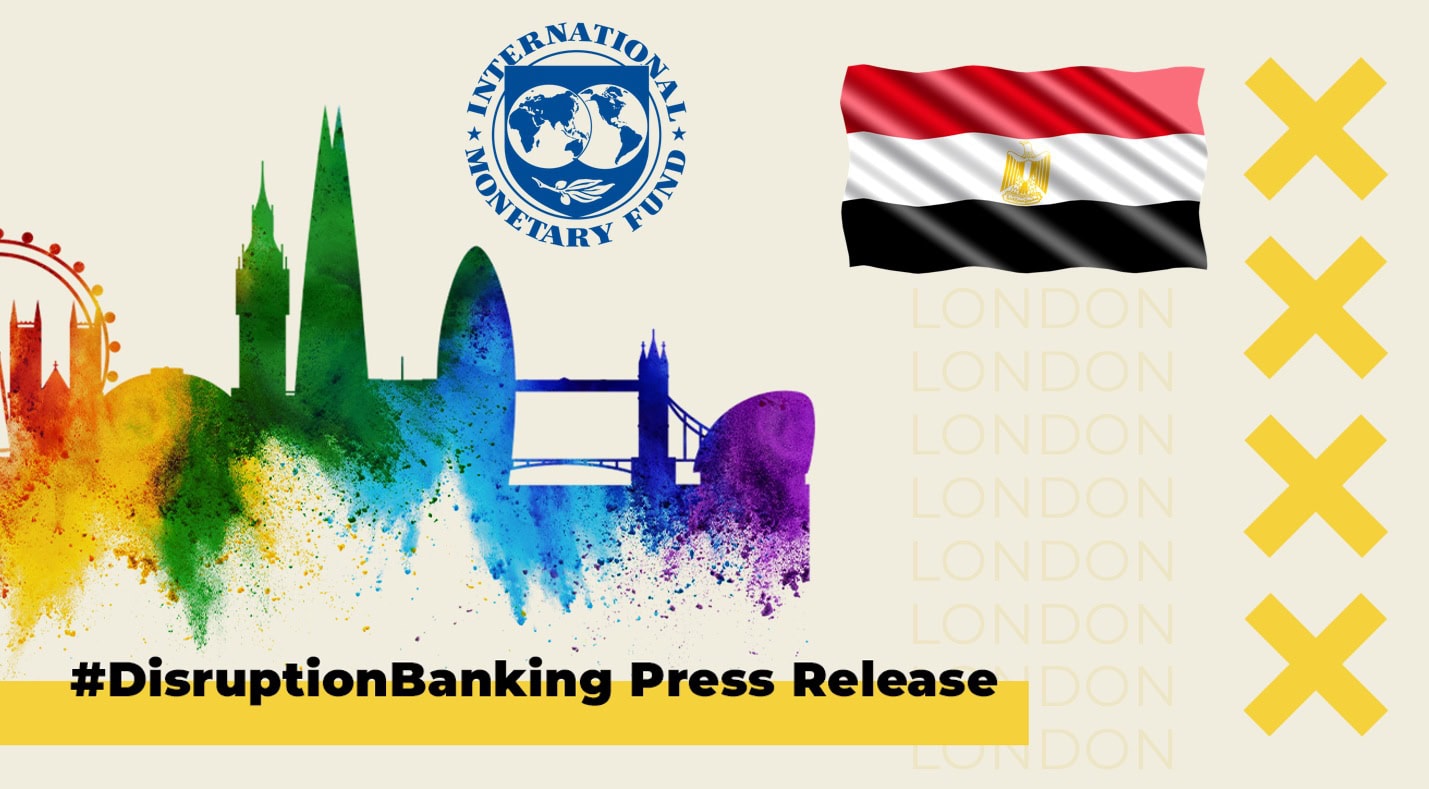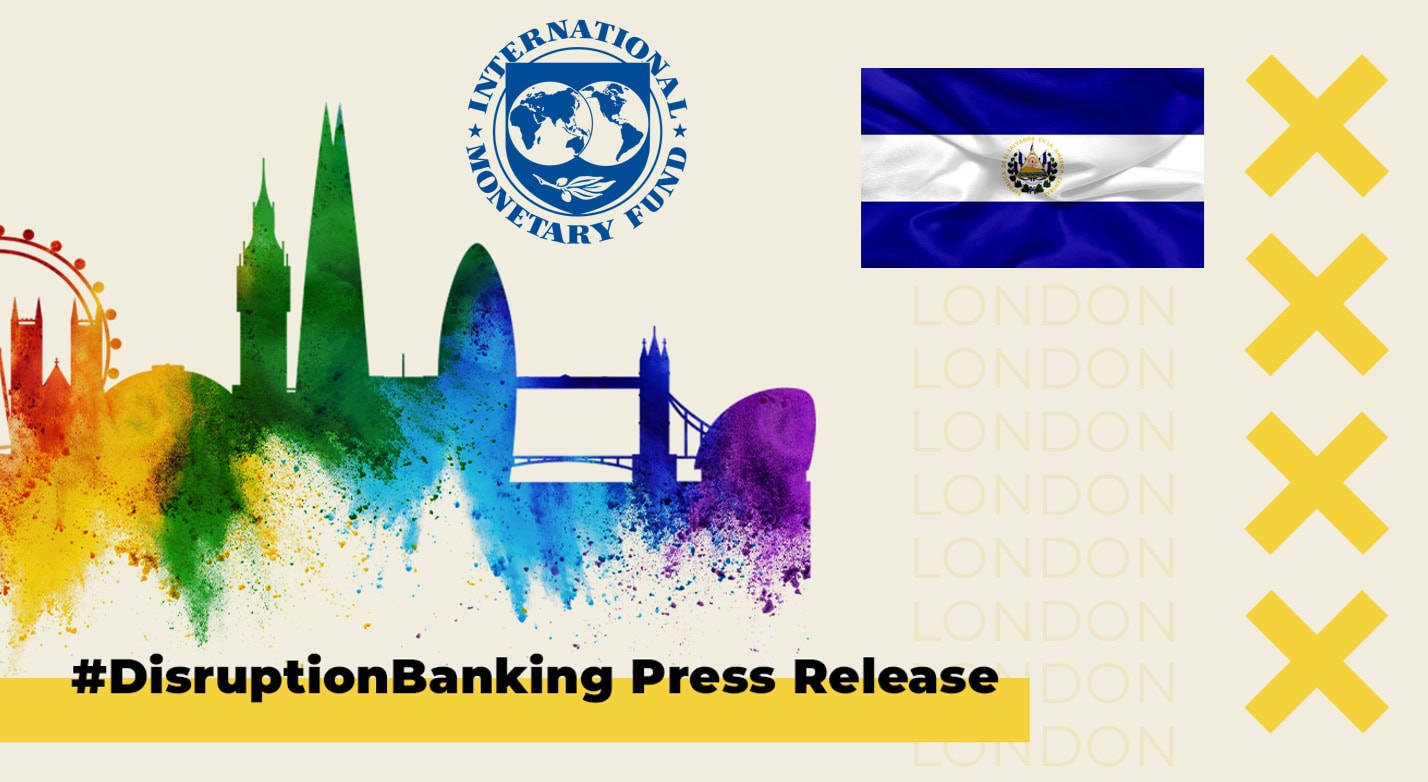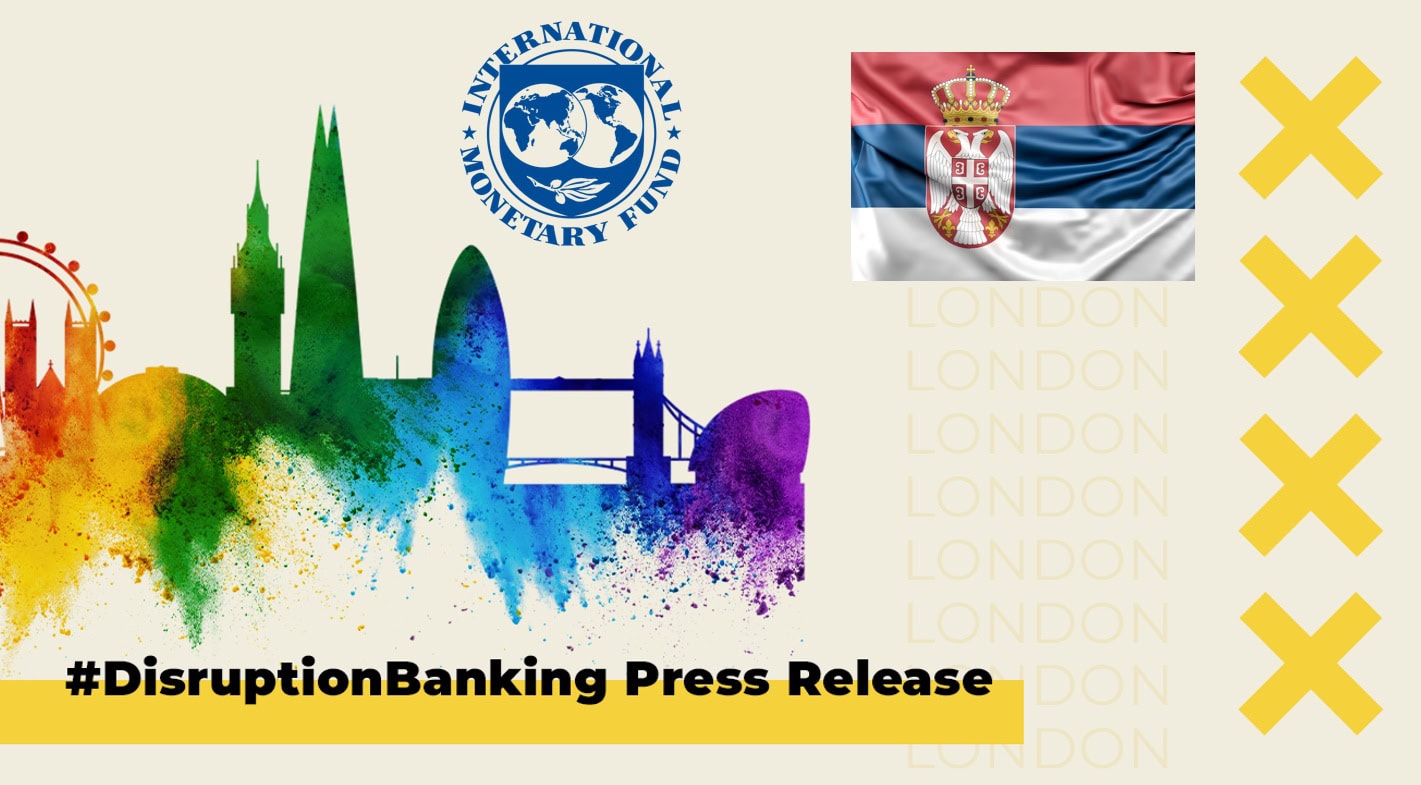- Botswana’s economic activity is expected to contract by about 1 percent in 2025, owing primarily to a further decline in diamond production, before starting to recover in 2026.
- Inflation has remained below the lower bound of the central bank’s objective range of
3–6 percent. It is expected to get back within this range over the next few months as the recent depreciation of the Pula partly passes through to consumer prices. - In light of rising fiscal pressures, the authorities are encouraged to pursue the efforts that they have initiated to streamline government spending. Reforms to promote economic diversification are also important to foster faster and more sustainable growth.
Gaborone, BOTSWANA – September 26, 2025: An International Monetary Fund (IMF) team, led by Mr. Édouard Martin, Mission Chief for Botswana, visited Gaborone and held discussions on the 2025 Article IV consultation from September 15–26, 2025.
At the conclusion of the discussions, Mr. Martin issued the following statement:
“After growing by 3.2 percent in 2023, Botswana’s economic activity contracted by 3 percent in 2024 as the diamond sector continued to face strong headwinds, including competition from lab-grown diamonds and lower demand from China. Mining output declined by 24 percent, while non-mineral activity slowed further, to 2.8 percent. Reflecting a further decline in exports, and despite an increase in revenue from the Southern African Customs Union (SACU), the current account balance deteriorated markedly (from a surplus of 1.5 percent of GDP in 2023 to a deficit of 4.2 percent of GDP in 2024), while international reserves declined to about 5 months of imports cover.
“Over the last year, inflation has remained below the lower bound of Bank of Botswana’s (BoB) objective range of 3–6 percent. It is expected to get back within this range over the next few months as the recent depreciation of the Pula partly passes through to consumer prices. With activity and inflation subdued, the BoB has kept its policy rate unchanged at 1.9 percent since August 2024. Effective July 11th, to safeguard the competitiveness of domestic industries, promote diversification, and preserve official foreign exchange reserves, the authorities increased the Pula rate of deprecation against its currency basket while widening the trading margin. The Pula has since depreciated by 6.0 percent against the U.S. dollar and 8.6 percent against the South African rand.
“On the budget side, preliminary estimates indicate that the fiscal deficit increased further in fiscal year 2024/25, to 7.1 percent of GDP, as a decline in mineral revenues and increase in current spending were only partly offset by lower capital spending. As a result, public debt has increased to more than 30 percent of GDP.
“Looking ahead, the economy is expected to contract by about 1 percent this year, as historically high stocks of diamonds restrain new mining activity, and as activity in other sectors slows down as the government reduces its spending. Over the medium term, if the authorities implement ambitious reforms to ensure fiscal and external sustainability and diversify the economy, growth could recover gradually to more than 4 percent.
“While the banking sector remains well capitalized and profitable, liquidity has tightened. Accelerating the implementation of the remaining 2023 Financial Sector Assessment Program recommendations will help reduce financial sector risks and reinforce financial sector stability. Key recommendations include those aimed at enhancing financial sector resilience and improving monetary policy transmission, alongside the operationalization of new regulations and laws.
“Accelerating growth and job creation will require a fundamental shift towards greater private sector participation, a more diversified export base, and a more efficient public sector. The initiatives launched by the government aimed at reducing wasteful public spending, better prioritizing public investment, and promoting private sector-led investment, including as part of Botswana Economic Transformation Program, are welcome.
“To complement these initiatives, it will be important to advance reforms aimed at: (i) enhancing domestic revenue mobilization; (ii) streamlining the wage bill, better targeting social assistance programs, and strengthening the management of state-owned enterprises; and (iii) creating a more conducive business environment, with an emphasis on reducing red tape and promoting financial deepening. The government is encouraged to include such reforms into its new five-year National Development Plan.
“We would like to thank the authorities for their hospitality and the highly constructive dialogue during the Article IV consultation.”
Download broadcast quality video from IMF Media Center














